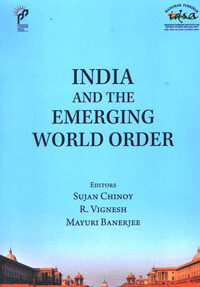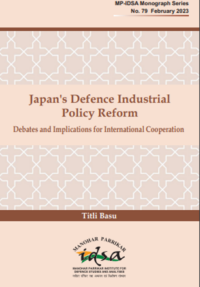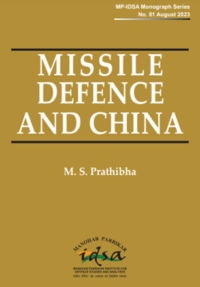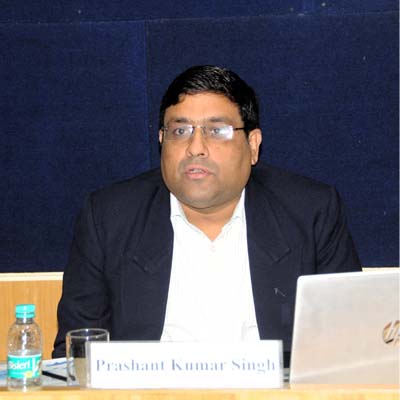Leadership, Factional Politics and China’s Civil-Military Dynamics: Post-17th Party Congress Patterns
This article highlights the changing dynamics of relations between the Chinese Communist Party (CCP) and the People's Liberation Army under the current leadership. While the military in China still remains politically loyal to the Communist Party, specification of the role of the military in the Chinese Constitution, generational changes in the CCP, factional politics, and relative depoliticization of the military are some of the factors suggesting a 'bifurcation' between the party and the military.
- Jagannath P. Panda
- September 2009













